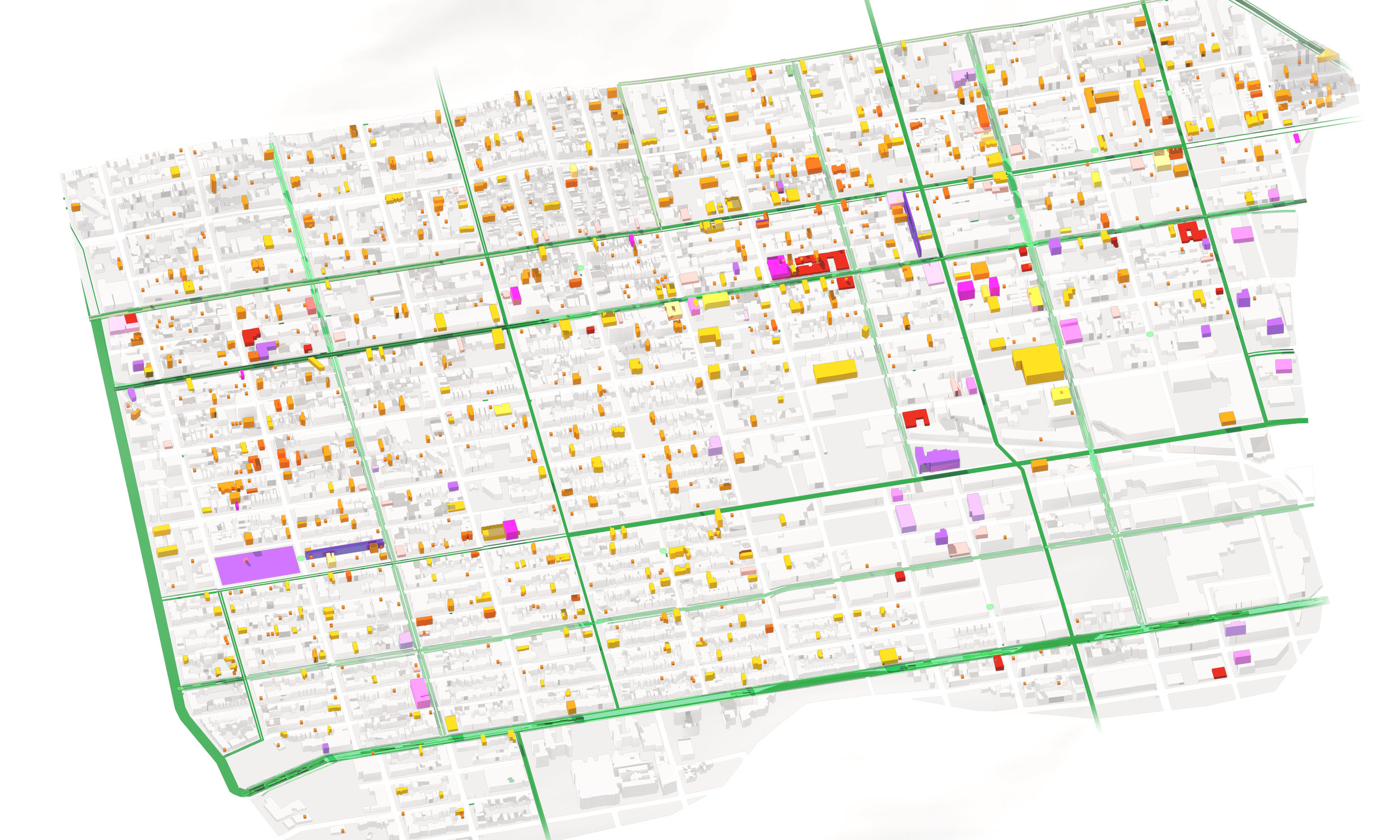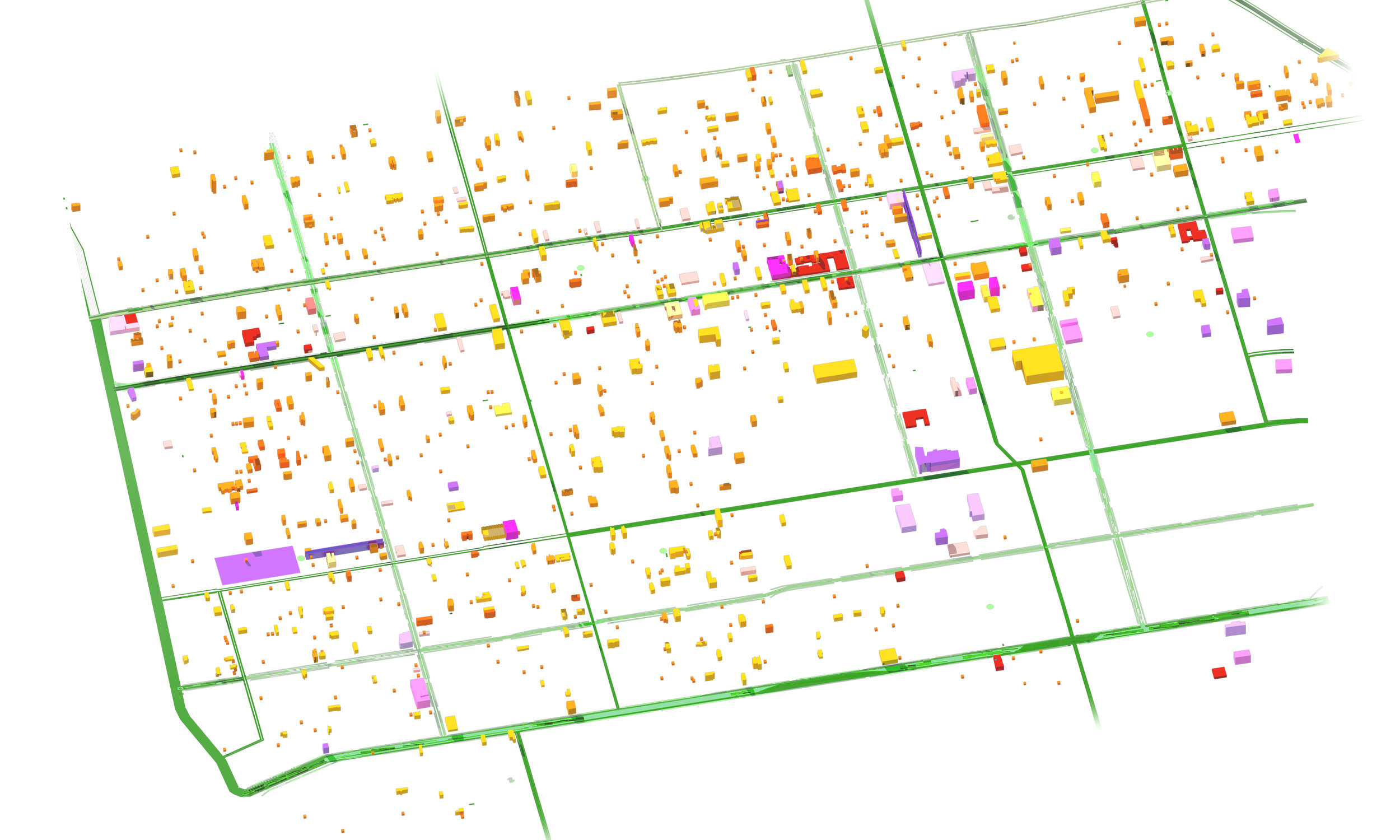RAFI SEGAL WORKSHOP
Project: Rafi Segal Workshop on New Collective Forms
Class: Workshop, California College of the Arts, Architecture Division
Date: Summer 2017
Our changing notions of community, sharing, live-work habits and changing attitude towards the environment, together with economic hardships and the high cost of owning a home, offer the opportunity to explore new models of living, new forms of housing and other programs that combine collective and private uses, ownership, access, and more. Design can play a key role in envisioning new typologies in service of these new relationships.
This workshop is part of the 333 Studio New Investigations in Collective Form organized and co-taught by Assistant Professor Neeraj Bhatia.
About the workshop series:
In 1964, Fumihiko Makia influential text Investigations in Collective Form elucidated three approaches to collective form compositional, mega-structure, and group form. In opposition to the lack of coherence, elasticity, and flexibility in the city, Maki attempted to create a theory that expanded beyond the singular building, inciting a discussion on Collective Form. For Maki, Collective Form is the relationship between buildings that cause them to be together. The term collective of course, also refers to a group or constituency with a shared interest. This common objective is at the core of politics.
This year 333 Studio will focus on the relationship between Politics and Urban Form. By politics we mean the relationships and goals that bind and separate us. By Urban Form we are referring to the organization of the city, its morphologies, infrastructures, and typologies. Lead by three influential urban thinkers and designers Albert Pope (Rice University), Peggy Deamer (Yale University), and Rafi Segal (MIT) whose design-research focuses on alternative urban organizations in neo-liberal capitalism, that embed collective power within urban form, 333 will consider what makes the city more than a grouping of buildings and the public more than a grouping of individuals by developing and expanding the approaches to Collective Form.
Rafi Segal is an award-winning designer and Associate Professor of Architecture and Urbanism at MIT. He holds a PhD from Princeton University and two degrees from Technion Israel Institute of Technology M.Sc and B.Arch. Segal’s practice engages research and design on both the architectural and urban scale. His projects include Villa 003 of the ORDOS 100 Project, the Kitgum Peace Museumin Uganda, as well as the winning proposal of the international competition for the National Library of Israel in Jerusalem. Among the current projects, Segal is designing communal neighborhoods for a kibbutz in Israel that propose a new hybrid model of shared ownership and private-collective life. Segal has co-authored In Search of the Public: Notes on the Contemporary American City (2013); Cities of Dispersal (2008), a re-examination of architecture’s relation to and engagement with urban sprawl; Territories Islands, Camps, and Other States of Utopia (2003); and the influential A Civilian Occupation: The Politics of Israeli Architecture (2003). He has exhibited his work widely, most notably at Storefront for Art and Architecture; KunstWerk, Berlin; Witte de With, Rotterdam; Venice Biennale of Architecture; MOMA in New York; and at the Hong Kong/Shenzhen Urbanism Biennale. His writings and exhibitions have provided a critical contribution to architecture role in the peripheries of our cities.



